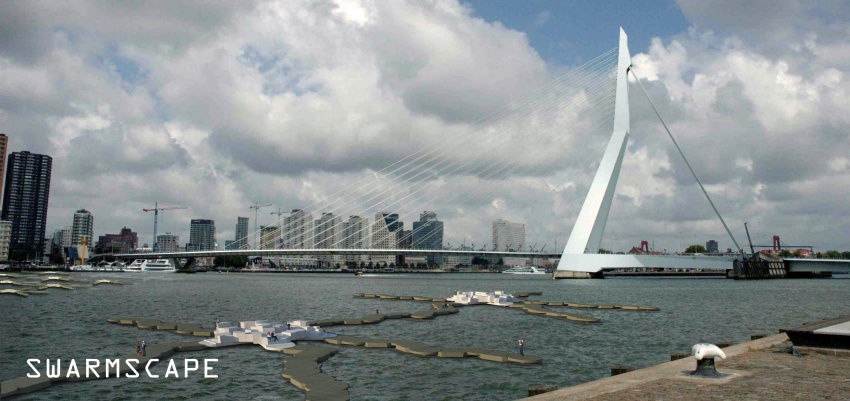Difference between revisions of "Msc1G2:Student1"
From ex25
(→Inspiration) |
|||
| Line 72: | Line 72: | ||
<div class="right" > | <div class="right" > | ||
<iframe width="400" height="225" src="https://www.youtube.com/embed/xK54Bu9HFRw" frameborder="0" allowfullscreen></iframe> | <iframe width="400" height="225" src="https://www.youtube.com/embed/xK54Bu9HFRw" frameborder="0" allowfullscreen></iframe> | ||
| + | </div> | ||
| + | |||
| + | <div class="left"> | ||
| + | <iframe width="850" height="478" src="https://www.youtube.com/embed/ITTvgkO2Xw4" frameborder="0" allowfullscreen></iframe> | ||
| + | <i>The Navy’s Developing Little Autonomous Boats to Defend Its Ships (http://www.wired.com/2014/10/navy-self-driving-swarmboats/)</i> | ||
| + | </div> | ||
| + | |||
| + | <div class="right" > | ||
| + | <iframe width="850" height="478" src="https://www.youtube.com/embed/qlZXIeEgLmQ" frameborder="0" allowfullscreen></iframe> | ||
</div> | </div> | ||
</html> | </html> | ||
Revision as of 12:11, 5 November 2015
Diagrammatic simulation of possible new connections without building static bridges
Diagrammatic simulation of how the system works according to attractors
Computational approach
Grasshopper (Python) simulation of how new powerlines between points occureGrasshopper (Kangaroo) simulation of how existing bridges can react according to changing attractor values
Grasshopper (Kangaroo) simulation of how the modules find their position on a powerline
Research and References
The Navy’s Developing Little Autonomous Boats to Defend Its Ships (http://www.wired.com/2014/10/navy-self-driving-swarmboats/)
